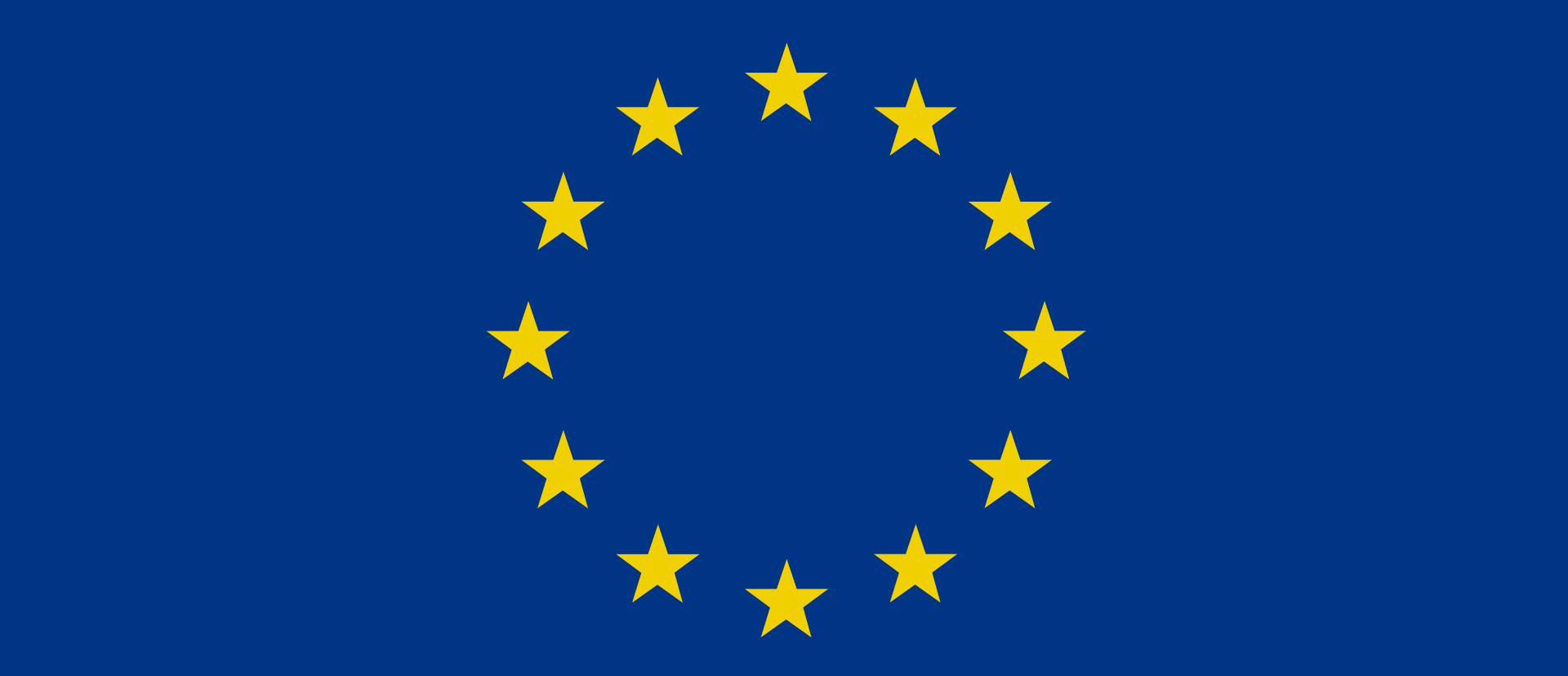The European Commission has in recent times adopted a number of decisions and imposed significant fines against cartels. The landscape of cartel enforcement is, however, shifting due to a number of factors: classic cartels have given way to less traditional forms of cartels; the pandemic has disrupted cartel investigations and significantly changed companies’ working methods; the increase in damages actions in Europe may have affected incentives of parties to approach the Commission for leniency; and cartel enforcers are seeking to increase their own initiative investigations in response to the decline in leniency applications. The article explores the current state of cartel enforcement in Europe, the challenges facing cartel enforcers and the approach of the European Commission in addressing them.
By Chris Mayock[1]
I. INTRODUCTION
Cartel enforcement remains at the top of the European Commission’s priorities, which is evident from the significant number of infringement decisions recently issued and the high level of fines imposed. However, while the fight against cartels continues unabated the battle lines are shifting: there has been a move away from classic cartels to less traditional forms of cartels; the pandemic has posed issues for all enforcers but even more so for the Commission given its multi-jurisdictional remit; the significant increase in damages claims following the introduction of the Damages Directive[2] seems to have had a knock on effect
...THIS ARTICLE IS NOT AVAILABLE FOR IP ADDRESS 216.73.216.116
Please verify email or join us
to access premium content!

